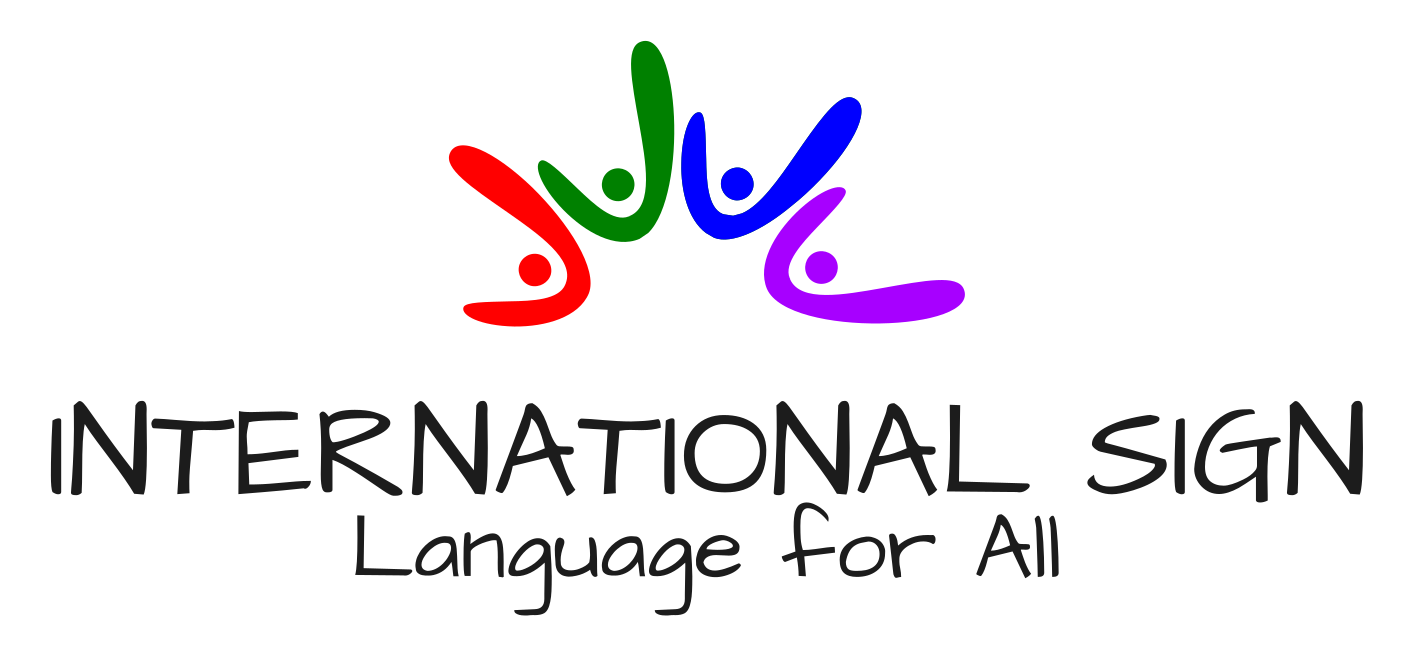Sign Language interpreters play a crucial role in making education accessible and inclusive for Deaf students. Their work bridges communication gaps, ensuring that Deaf learners can fully participate in classroom activities, discussions, and social interactions.
Enhancing Learning Through Communication Access
For Deaf students, understanding complex subjects depends not only on written materials but also on effective real-time communication. Sign Language interpreters provide immediate interpretation of lectures, instructions, and peer conversations, which helps students grasp concepts more deeply and engage confidently.
Promoting Equality and Inclusion
Having qualified Sign Language interpreters in schools promotes equality by giving Deaf students the same opportunities to learn and succeed as their hearing peers. This inclusion fosters a positive educational environment that respects Deaf culture and linguistic identity.
Supporting Teachers and Students
Interpreters serve as vital links between teachers and Deaf students. They assist educators in adapting teaching methods and materials to be more accessible, while also helping students express their questions and ideas clearly.
Encouraging Social Integration
Beyond academics, interpreters facilitate social interaction among students. This support enables Deaf learners to build friendships, participate in extracurricular activities, and feel connected to the school community.
Challenges and the Need for More Interpreters
Despite their importance, there is often a shortage of qualified Sign Language interpreters in educational settings. This gap can limit access and create barriers to learning. Advocacy for increased training programs and hiring is essential to meet the growing demand.
The Future of Accessible Education
Investing in Sign Language interpreter services is an investment in a fairer and more inclusive education system. By recognizing and supporting the role of interpreters, schools can empower Deaf students to reach their full potential and thrive academically and socially.
